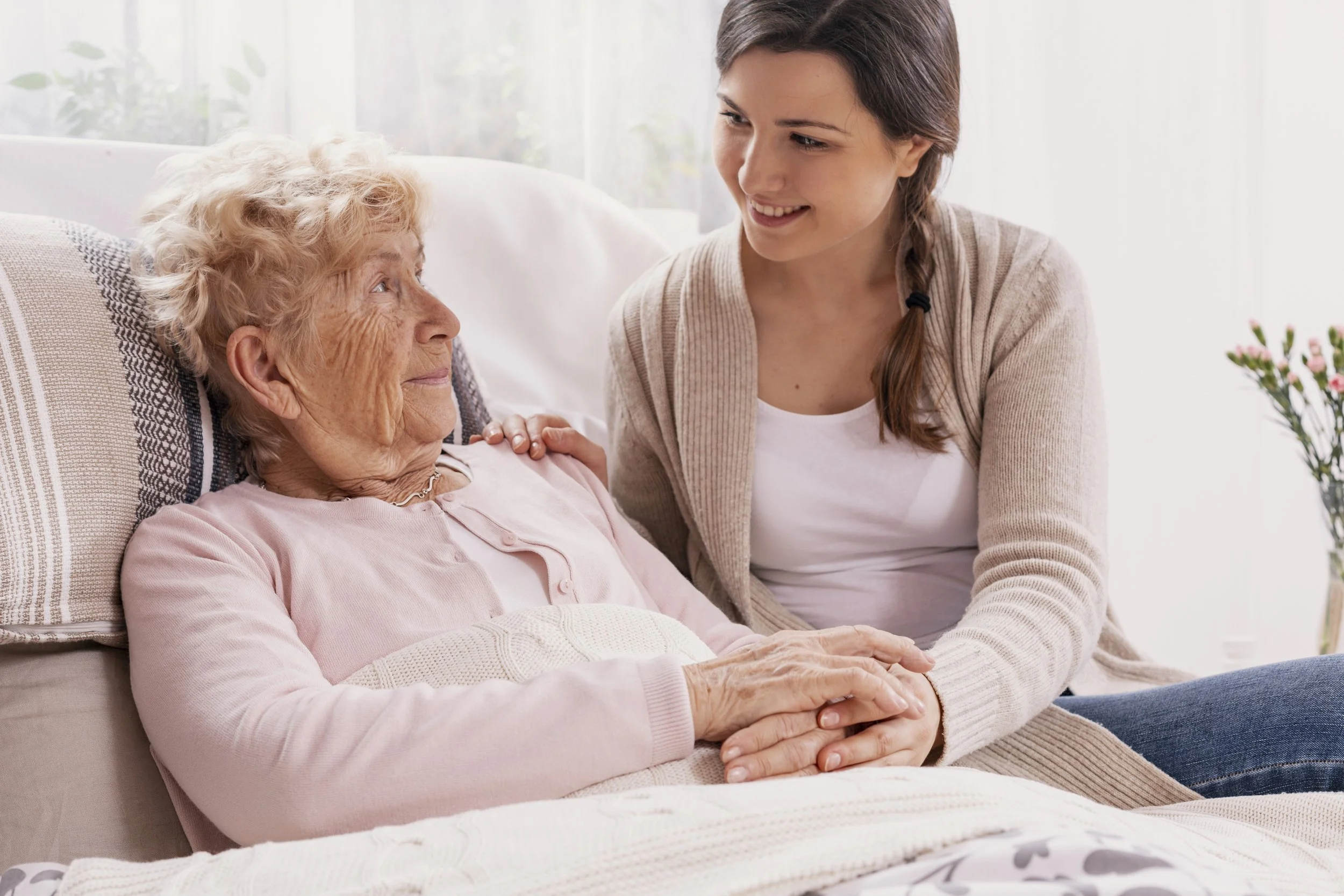Supporting older people to access and navigate the aged and health care system
What is care finder?
How is MPHN developing the care finder program?
Who can use the care finder service?
How does the care finder service work?
What help can care finders provide?
How can I access the care finder service?
Contact
What is care finder?
The care finder service is part of the Australian Government’s response to the recommendations of the Royal Commission into Aged Care Quality and Safety.
MPHN has been provided specific funding to support healthy ageing for people across the Murrumbidgee region.
Care finders support vulnerable, older members of our community who currently find it difficult to access services and who do not have an existing support network (family or friends) to help them.
The Murrumbidgee network of care finders will provide specialist and intensive assistance to help people requiring support to learn about, access and navigate aged care services including My Aged Care as well as other local health and community services.
Care finder services are free of charge for eligible members of the community.
How is MPHN developing the care finder program?
MPHN co-designed a service model for the care finder program. This was achieved through a range of activities including:
A desktop audit of current service providers
Analysis of existing quantitative and qualitative data through various sources available to MPHN
Community consultation
Consultation with community based organisations and aged care organisations
An online survey for consumers and organisations.
A tender process for care finder services was then undertaken in late 2022.
Two organisations have been selected to deliver care finder services across the Murrumbidgee region as follows:
Berrigan and District Aged Care Association
Covering the Local Government Areas (LGAs) of Berrigan, Edward River, Murray River and the community of Jerilderie
Marathon Health
Covering the Local Government Areas (LGAs) of Hay, Carrathool, Lachlan (part), Griffith, Leeton, Narrandera, Murrumbidgee (excluding the community of Jerilderie), Bland, Temora, Coolamon, Junee, Hilltops, Cootamundra-Gundagai, Snowy Valleys, Wagga Wagga, Greater Hume, Lockhart and Federation.
Who can use the care finder service?
The care finder service exists to support vulnerable older people who need intensive support to access My Aged Care and other aged care services and/or any other relevant supports in the community.
To receive care finder support, a person must:
Need help with one or more everyday tasks
Be 65 years or older (50 years for Aboriginal or Torres Strait Islander people) OR
Be a prematurely aged person aged 50 years or older (45 years for Aboriginal or Torres Strait Islander people) – this is often the case for people who are low income earners and/or experiencing or at risk of homelessness
Have one or more reasons for requiring intensive support to navigate and access services
Reasons for requiring intensive support may include:
Social isolation and/or no trusted support person available
Communication barriers, including limited health literacy skills or English as a second language for example
Difficulty processing information to make decisions
Resistance or hesitancy to engage with aged care, institutions or government for any reason
Concerns for a person’s safety including risk of homelessness or other crisis situation
How does the care finder service work?
If someone requires care finder support, a local organisation can connect them with a dedicated care finder or they can make contact with the care finder service directly.
A care finder will meet with them, usually in person. This can be at their home or another place they would like to meet, wherever the person will feel most comfortable.
The care finder will ask questions to understand the person’s situation and support them to work through the steps to address their individual needs.
What help can care finders provide?
The care finder service can help vulnerable older people navigate the aged care system and find support services to improve their quality of life. Your local care finder service can help with both accessing services for the first time and changing or finding new services and supports.
The care finder service can help people with:
talking to My Aged Care on their behalf and arranging an assessment
attending and providing support at the assessment
finding and short-listing aged care providers in their area
completing forms and understanding aged care service agreements
checking-in once services are up and running to make sure everything is OK
solving other challenges and connecting to supports in the community, such as health, mental health, housing and homelessness, drug and alcohol services and community groups.
How can I access the care finder service?
A professional referral is not required to access care finder services. People requiring support can call their local care finder organisation directly or have someone call on their behalf.
When you call, you will need to answer some questions about why you, or the person you are calling for, needs help from a care finder. If you are calling on behalf of someone else, this person must give consent for you to provide this information, so it is best if they are with you when you call.
The information you provide will allow care finder staff to determine if the service is appropriate.
To find your local provider, please download the MPHN Fact Sheet or visit My Aged Care

